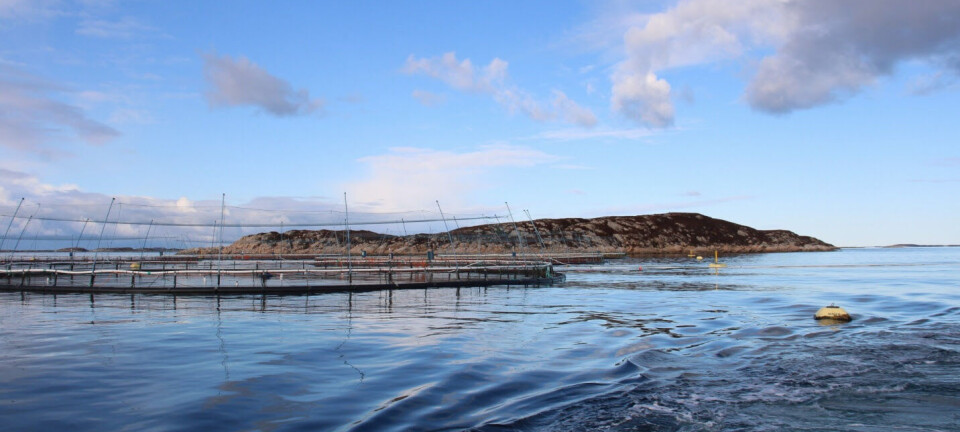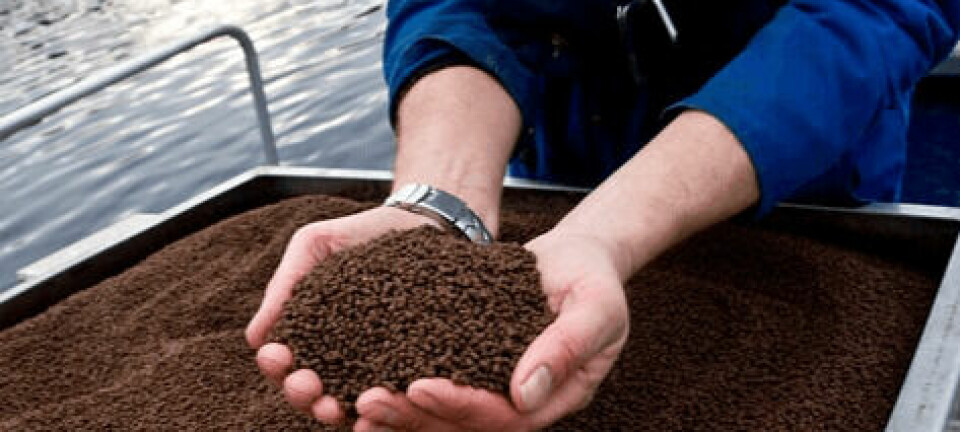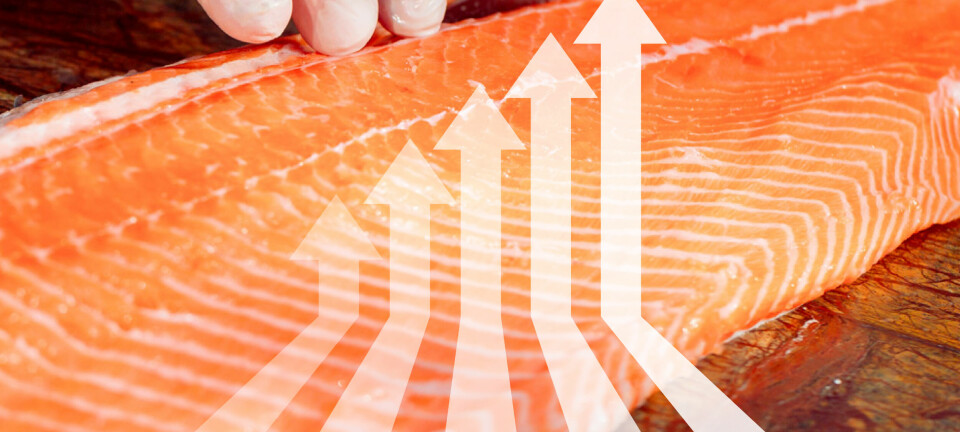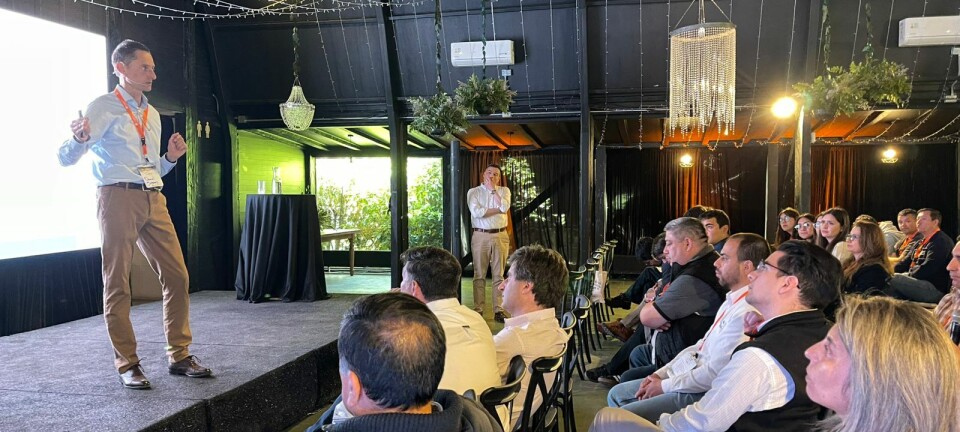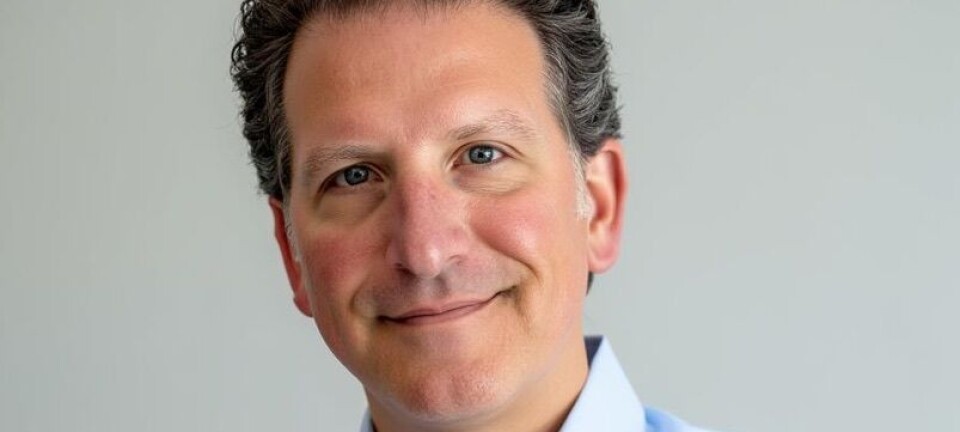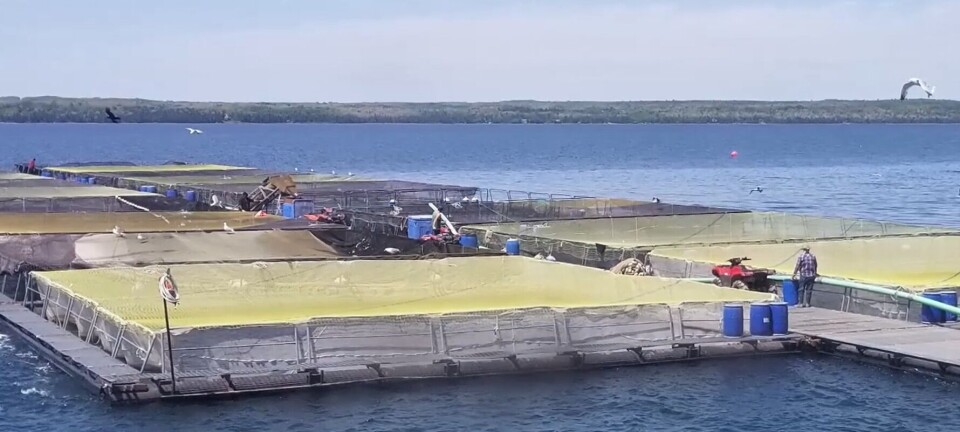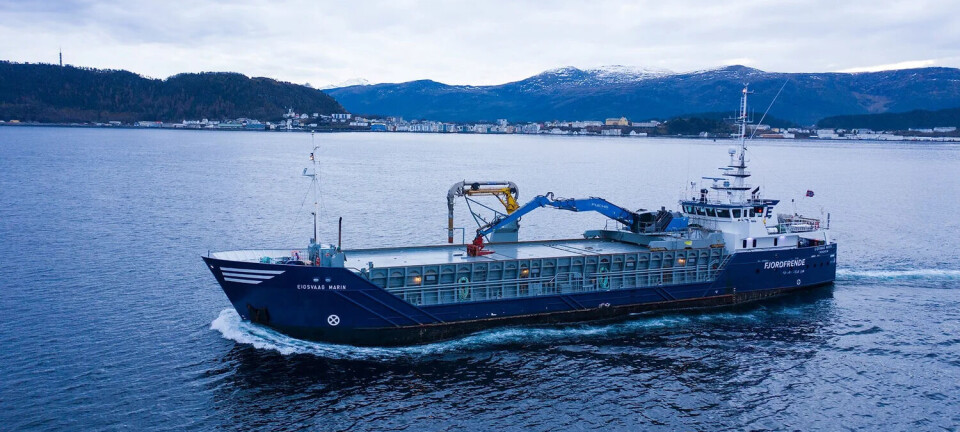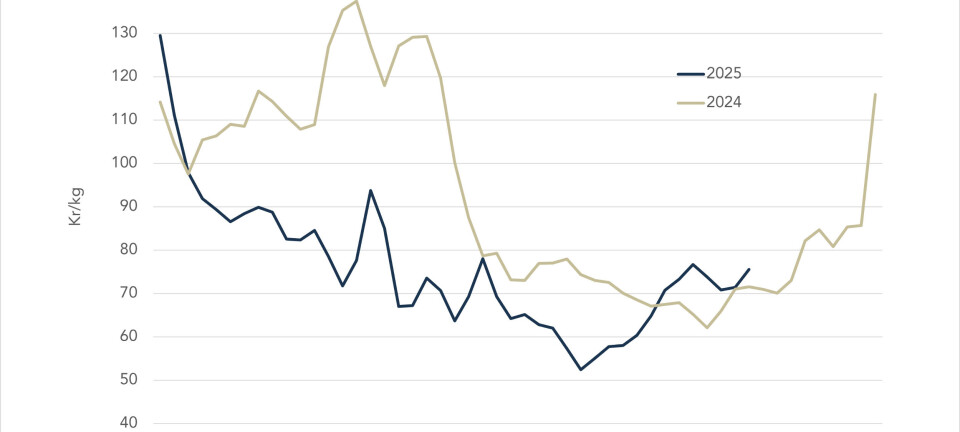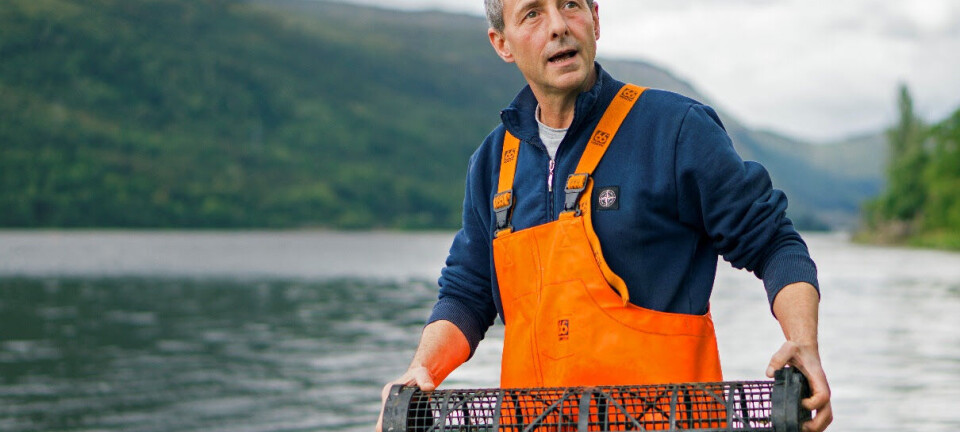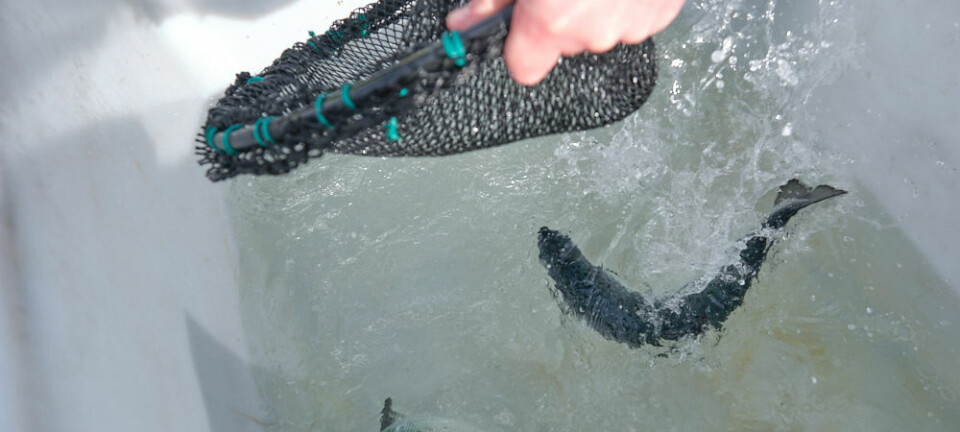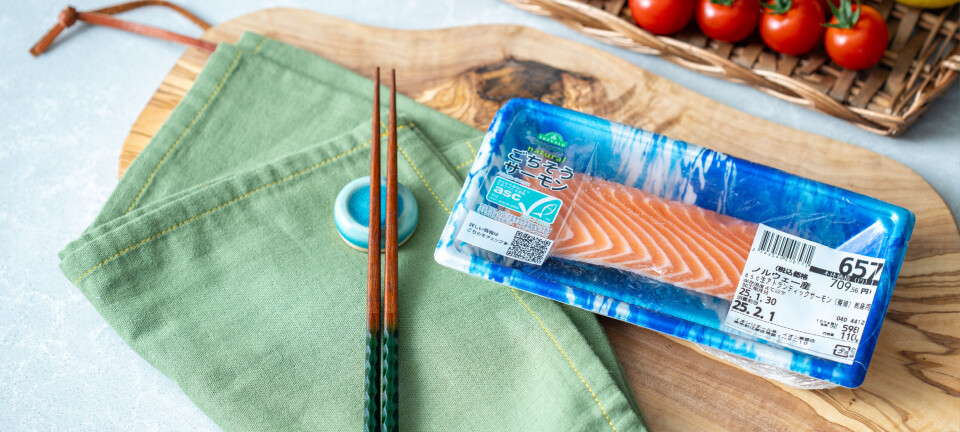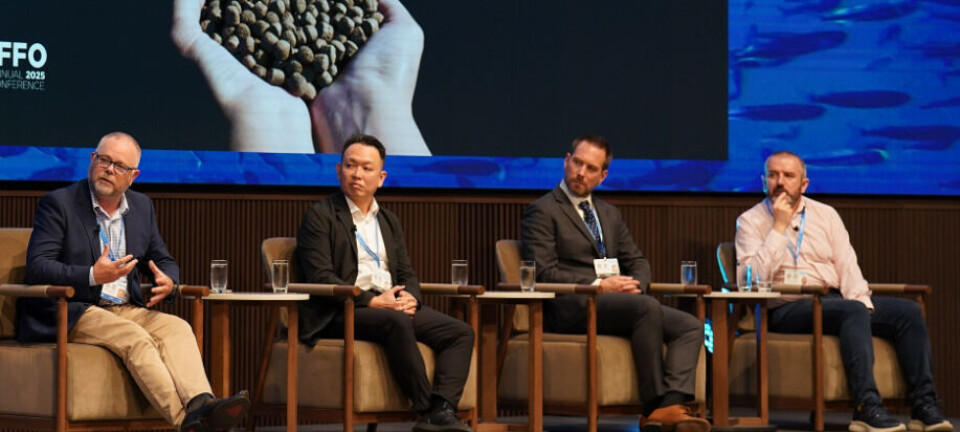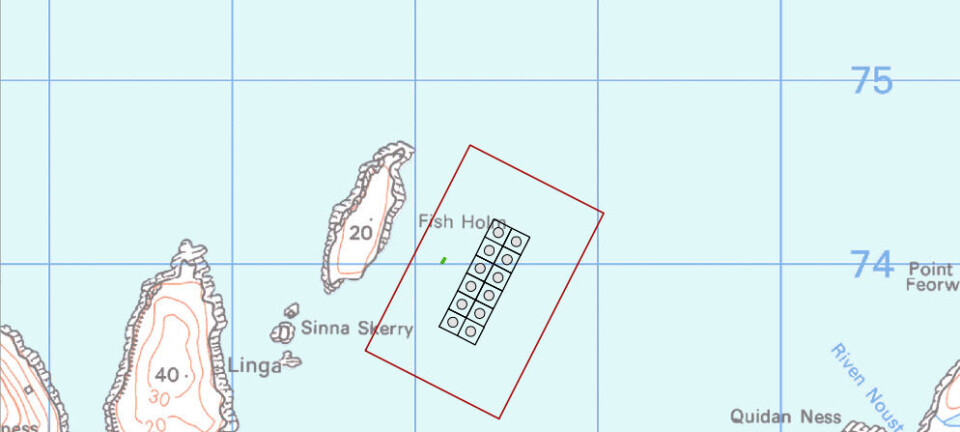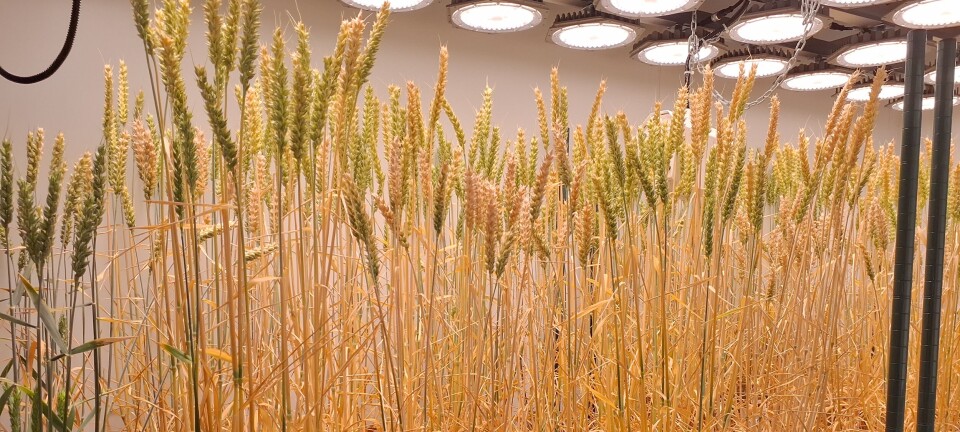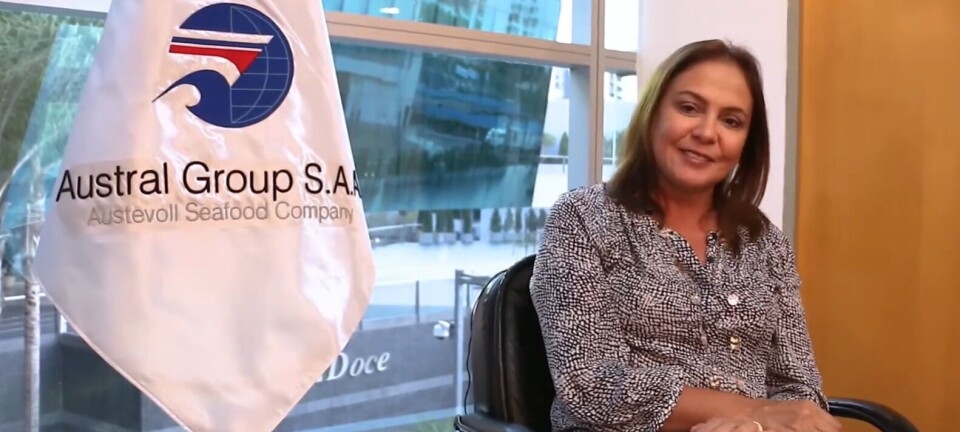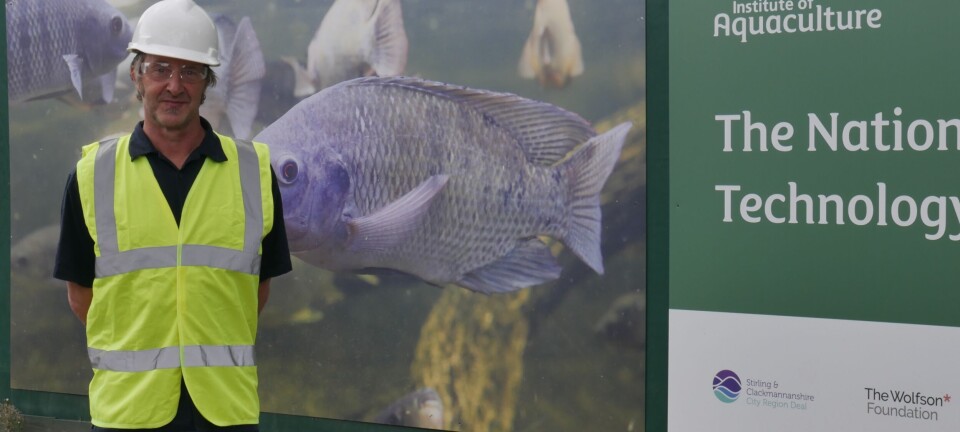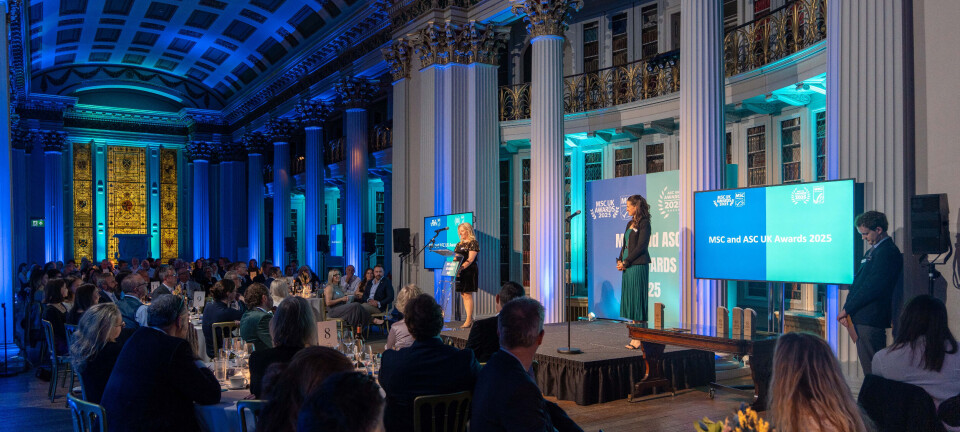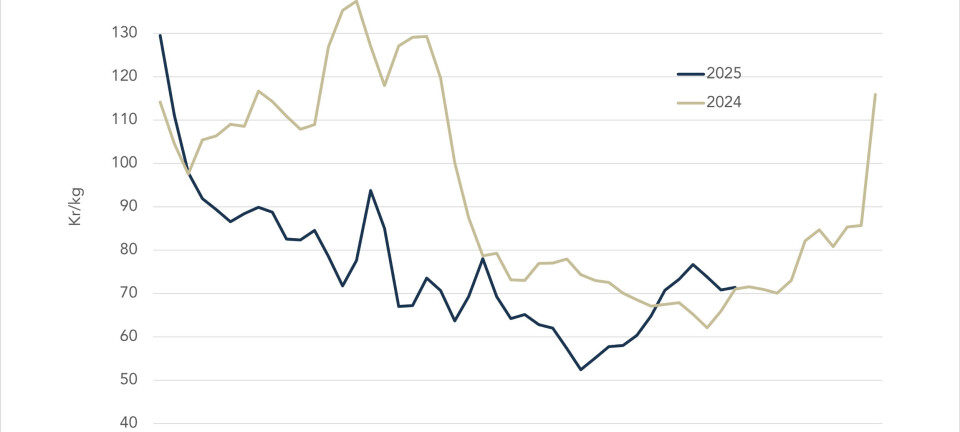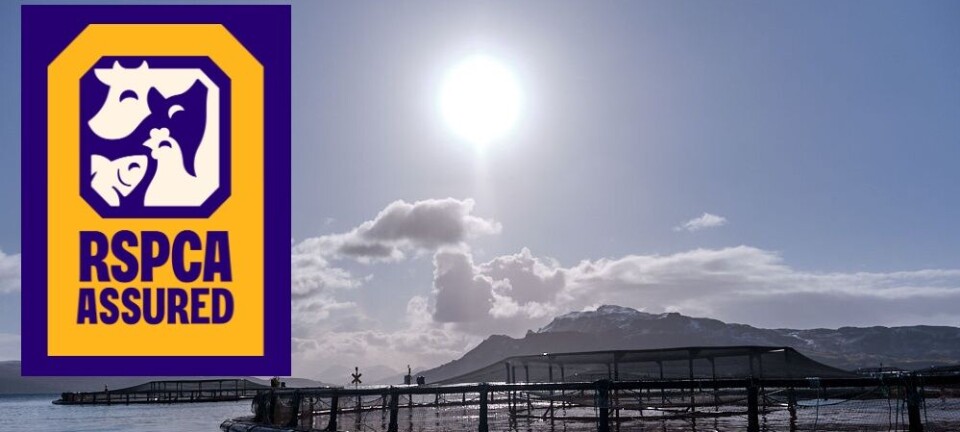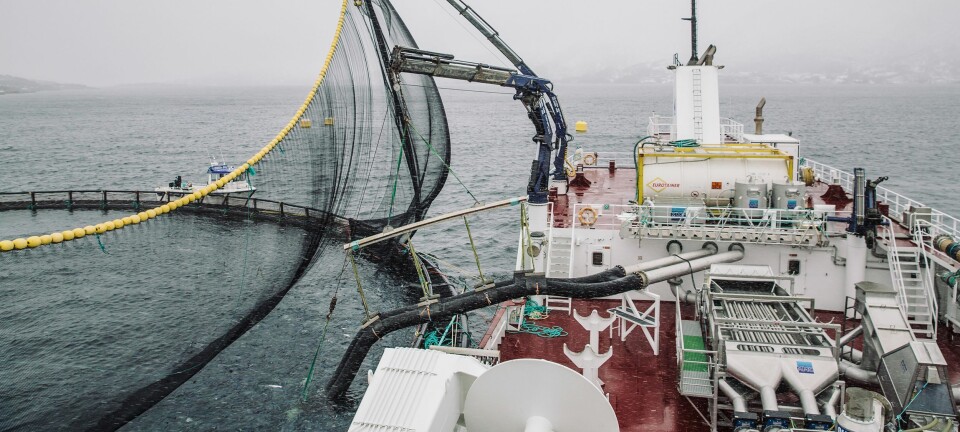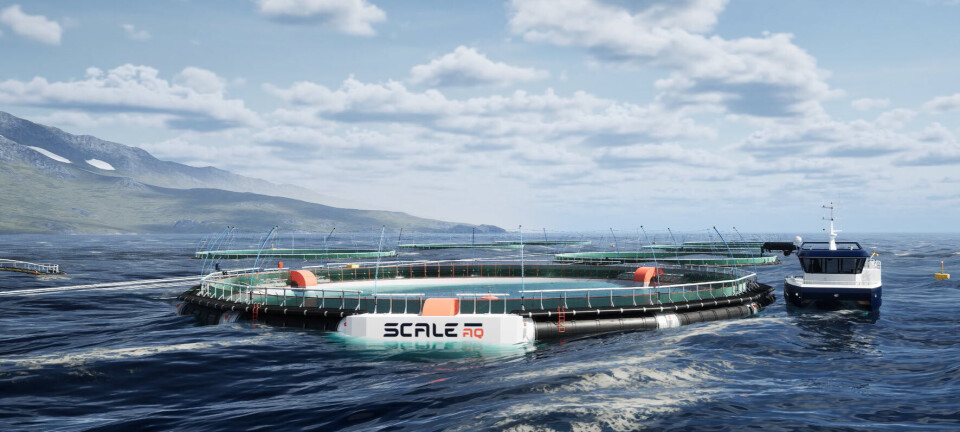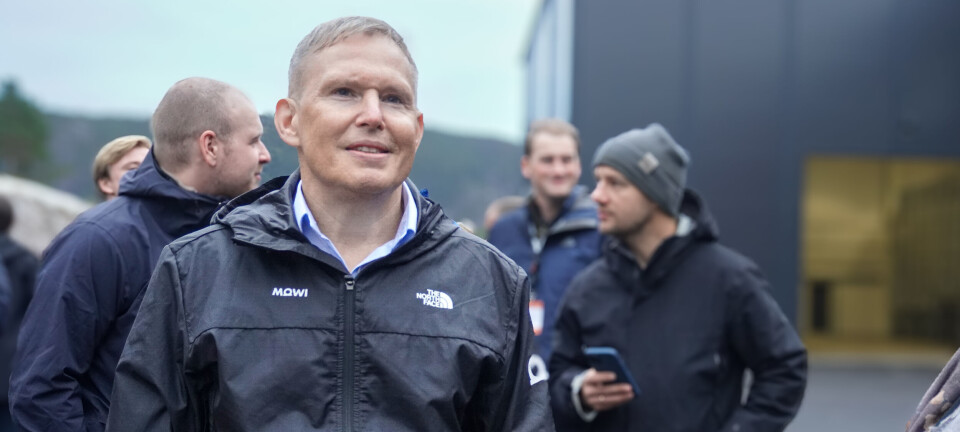Tiger feat: watch the ASC video about the varied benefits of its shrimp farming improver project in Bangladesh.
Improver project is a triple win for shrimp farmers
Producers, their communities, and the environment are all benefiting from ASC programme
An "improver" project run by the Aquaculture Stewardship Council (ASC) in Bangladesh is delivering benefits for small-scale shrimp farmers, their communities, and nature.
The smallholders, who typically cultivate comparatively small areas averaging around 1.2 hectares, supply Luna Shrimp Farms, which is part of LENK Frozen Foods. LENK supplies European customers with a broad range of fish and seafood delicacies from Asia.
The ASC’s Improver Programme supports farms that are not ready or eligible for ASC certification but are committed to improving their farming practices.
There are 125 shrimp farmers across five clusters that participate
in the Aquaculture Improvement Project (AIP) with Luna Shrimp Farms, and LENK
is currently initiating a second AIP covering approximately another 275
farmers.
A short film about the experience of shrimp farmers taking part in the AIP was shown at the first ever Bangladesh International Aquaculture & Seafood Show (BIASS) in Dhaka last month. The farmers describe the improvements they have been able to make following ASC training in applying better practices and the benefits this generates for the local environment, economy and society.
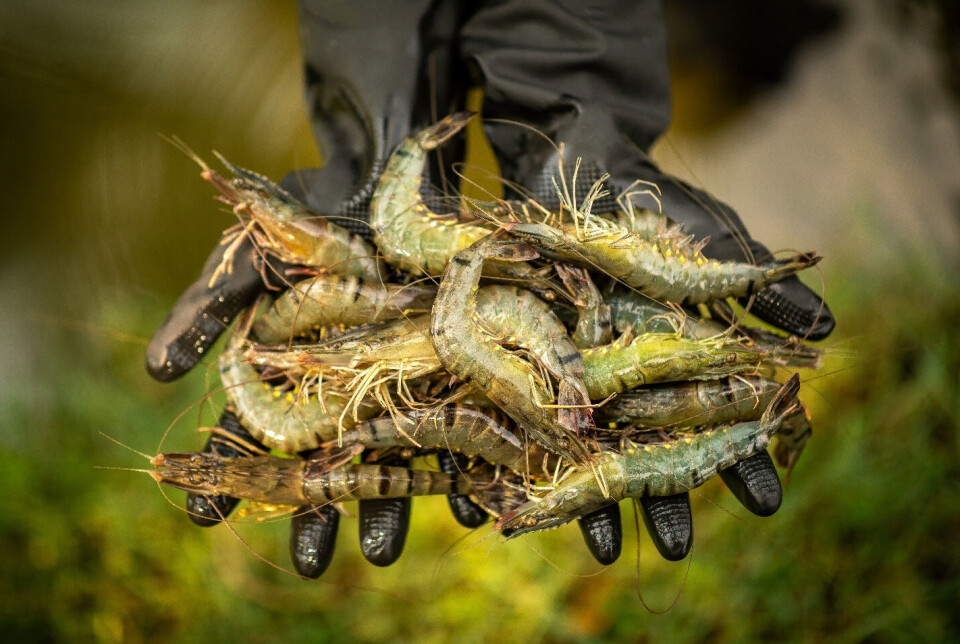
They have been shown how to use advanced technology and equipment to examine soil and water. Mohammad Jahangir, a shrimp farmer from the Kulna District, said: “We are working according to the training, and I hope that we will get the ASC certificate in the future."
Bangladesh exported 30,000 tonnes of frozen shrimp in 2021, and Jahangir said if farming is modernised, yield will increase. It will also benefit nature.
In the past, farmers taking part in the project have collected shrimp larvae from mangrove swamps, but research has shown that for each larvae collected, 99 other organisms are destroyed. The ASC prohibits the use of wild larvae and requires farmers to source better quality larvae from sustainable sources.
Previously, we didn’t understand the quality of larvae, so we used to release local larvae into the ponds. Our pond quality would deteriorate, and production was low
“Previously, we didn’t understand the quality of larvae, so we used to release local larvae into the ponds. Our pond quality would deteriorate, and production was low,” said Jahangir. “Our production increased by 20-30% since we started using SPF (specific pathogen free) larvae in 2023.”
Unlike neighbouring countries in Asia which primarily focus on the production of Pacific white shrimp, Bangladesh’s shrimp production is driven by the traditional, extensive cultivation of black tiger shrimp or “bagda”. Luna says that due to the low stocking density of one to two shrimps per square meter, the shrimps can cover their food requirements directly from the existing ecosystem. It adds that in culinary terms, black tiger shrimps “play in the top league”.
Premium markets
Roy van Daatselaar, head of the ASC Improver Programme, said: “Through the AIP and in combination with improvements along the supply chain focused at maintaining product quality, we are aiming to unlock future premium markets for the Luna Shrimp Farms products.
“Such markets would create a better value proposition, opening up opportunities for shared value creation across the supply chain including a better price for the farmers. Black tiger shrimp production is a key contributor to the country’s aquaculture sector and together with our partner LENK, we believe there is a strong opportunity to build a premium brand around the culture and heritage of extensive, natural black tiger production.”
Many shrimp farmers and their families live in remote areas with limited access to educational materials, transportation and other basic facilities like water supply, and Heiko Lenk, who is LENK Frozen Foods’ managing director and founder of Luna Shrimp Farms, said community building and social engagement are part of the work done for the AIP.
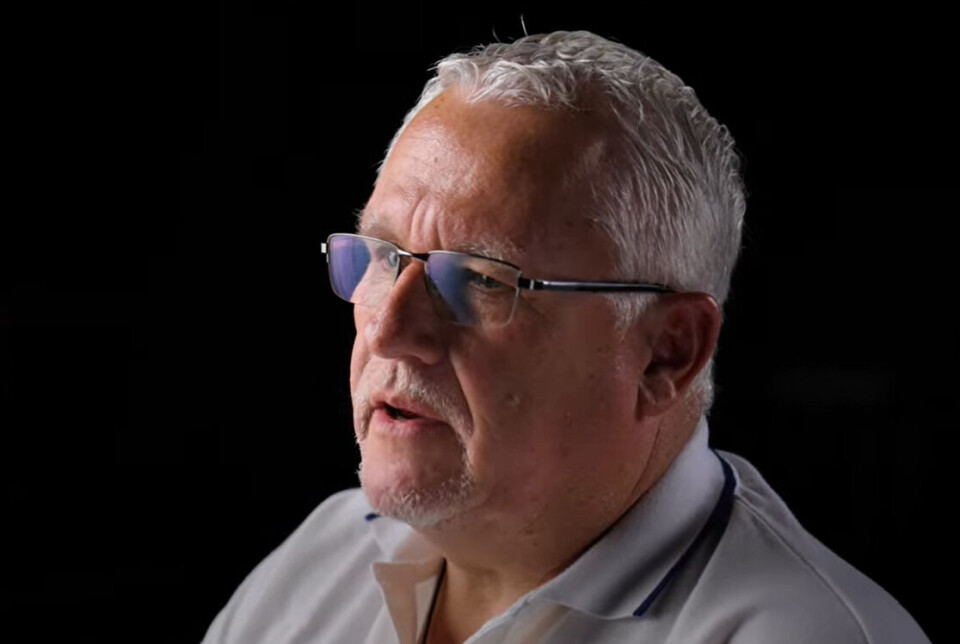
“When we help the families and the community, we also help the shrimp farmers,” said Lenk.
School and toilets
“Recently we renovated a school, and we are currently focusing on capacity building for teachers and providing school materials. Outside the school, we built a rooftop above the water well, arranged a hygienic latrine, and donated sewing machines, giving women a purpose and opportunity to generate income and contribute to their families’ livelihood. In the longer term, we are also looking into mangrove reforestation in the area.”
Luna’s shrimps are raised not far from the world’s largest mangrove area, the Sundarbans, and the company also wants to become involved in mangrove reforestation in the future.
“In the end, we hope to function as a role model by inspiring other farmers and industries. Commercially, we seek to develop a higher appreciation for Bangladeshi black tiger shrimp and to enter more markets besides Europe,” Heiko concluded.
Speaking about future plans for the Bangladesh AIP, Roy said: “Improvements have to be made both at farm level and in the supply chain, but if we can increase the number of farmers in the AIP from 125 to around 300 or 400, this starts to generate significant business income that will allow LENK to reinvest some of these revenues back into the community through a charitable foundation Heiko hopes to set up.”



